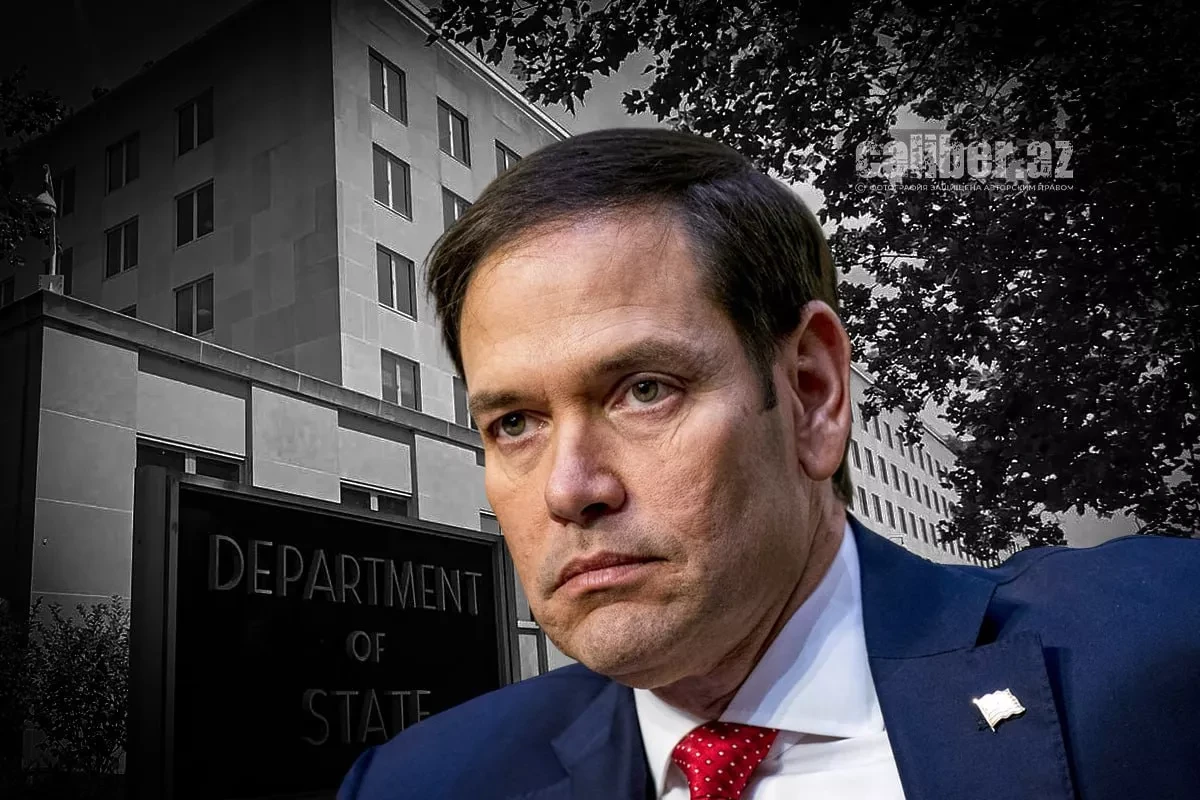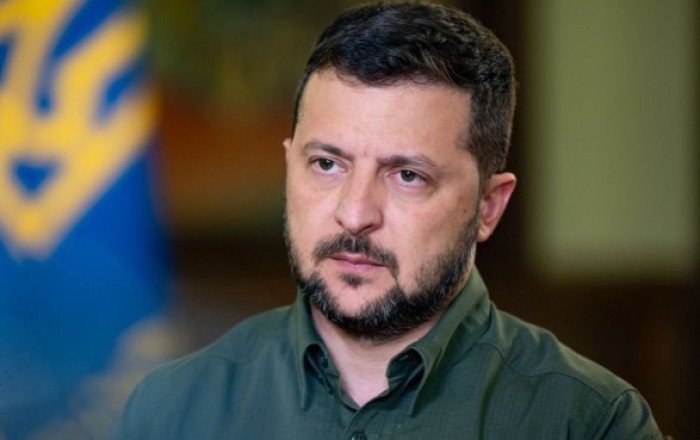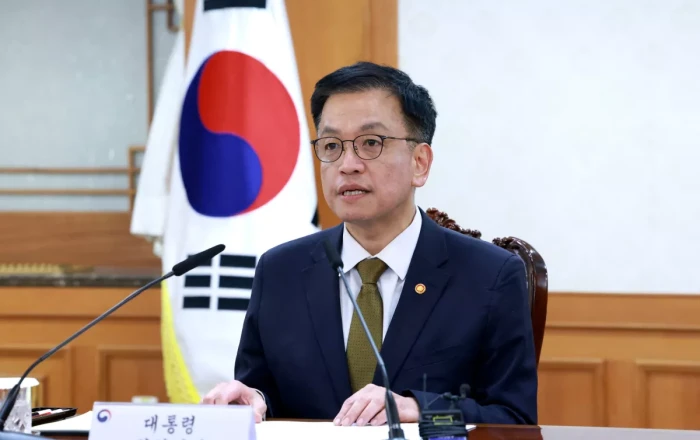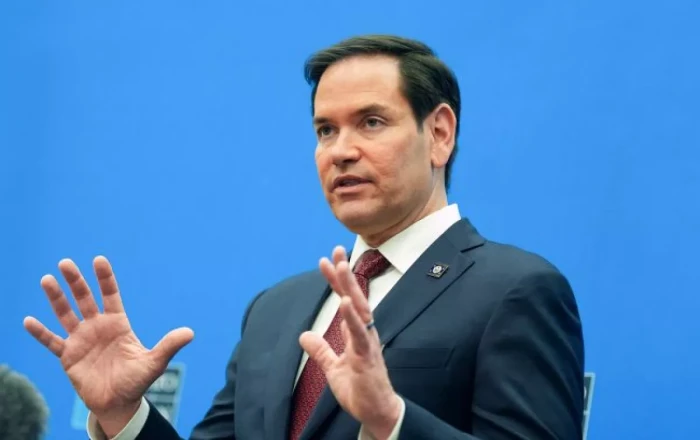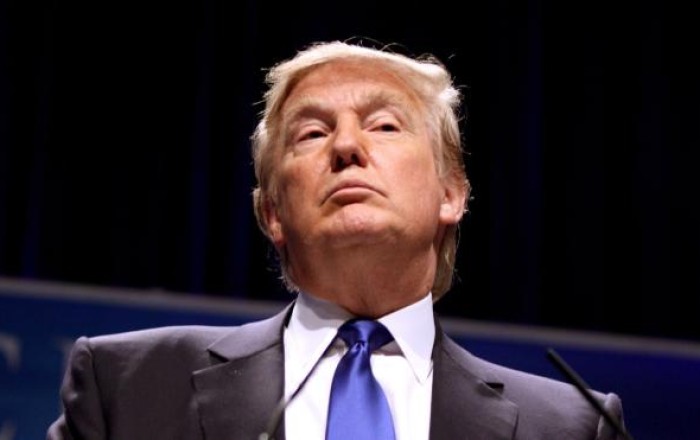It is striking how today’s global media establishment, in its race for higher view counts and “likes,” seeks to artificially attract attention to its platforms by spreading sensational content. Of course, sensationalism has always been the hallmark of major news outlets — that was true in the past, remains true now, and likely will be in the future. But… only when the news in question is truly sensational.
Today, however, we are dealing with a completely different format of so-called sensations — when the information presented to readers merely appears to be sensational, while in reality, it is not. Yet this is followed by countless reprints of these seemingly “factual” stories. This is how fakes are born, or — in the best-case scenario — minor inaccuracies that nonetheless shape public opinion in one direction or another.
This angle has gained relevance because many global media outlets presented one of the key messages from U.S. Secretary of State Marco Rubio’s article—published on April 22, 2025, on the U.S. State Department’s portal under the title “A New State Department to Meet the Challenges of a New Era”—as an outright rejection of “promoting human rights principles around the world.”
For instance, the BBC, using the phrase “radical ideologues” in the headline of its article on the topic, highlighted the Trump administration’s conviction that “the State Department is too focused on democracy and human rights.” Several other media outlets unequivocally interpreted the changes as Washington removing the issue of “human rights” from the priorities of its foreign policy. Still others confidently amplified the claim that human rights and democratic norms are no longer relevant to the U.S. foreign policy doctrine in various regions of the world.
However, a close reading of the original source reveals a different orientation and intent behind Rubio’s article — something we will attempt to analyse here, at least in part.
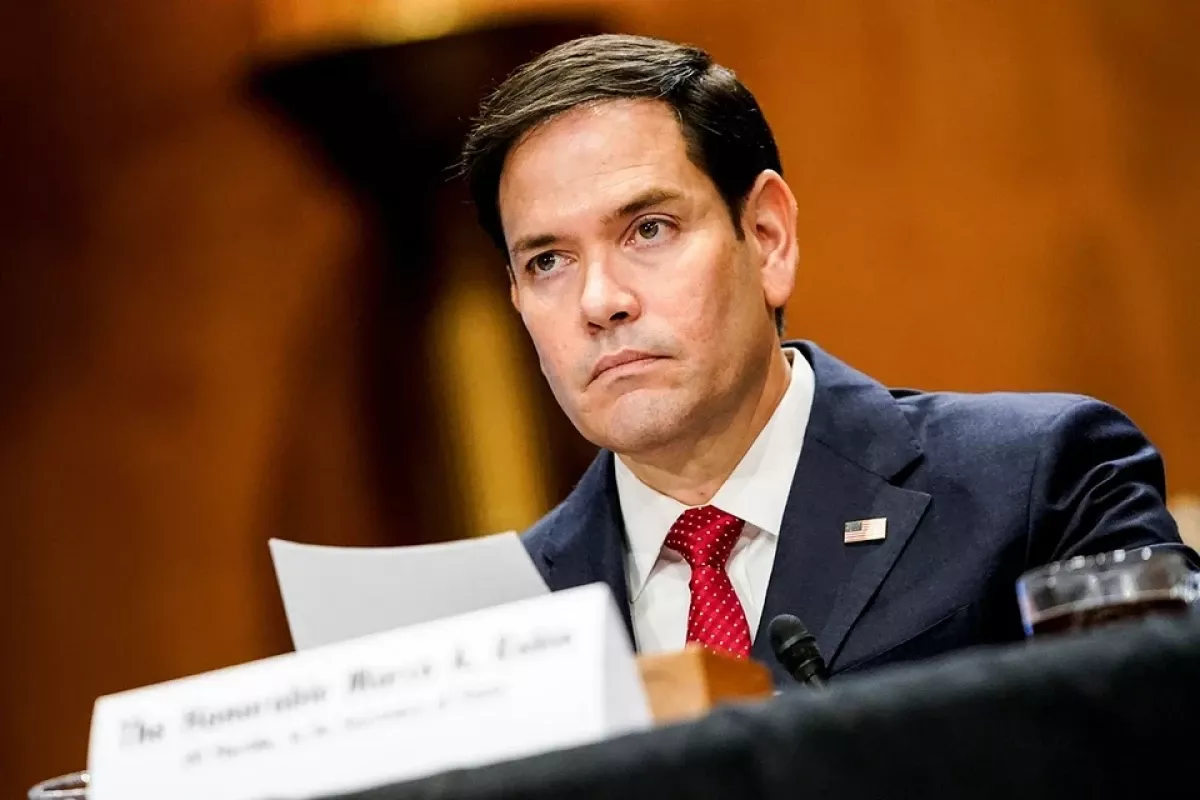
First and foremost, Rubio asserts that in the current historical phase—defined by “ a new era of great power competition and the rise of a multipolar order”—the State Department, which “stifles creativity,” often slips into outright hostility toward American interests. At the root of this problem, he argues, is the functioning of “a system where everything takes too much time, costs too much money, involves too many individuals, and all too often ends up failing the American people.”
Moreover, the ideas of motivated and creative State Department staff are diluted in internal turf wars, leading them to become disillusioned and give up. Against this backdrop, “While the talented and loyal are driven into indifference, radical ideologues and bureaucratic infighters have learned to play on this exhaustion to push through their own agendas that are often at odds with those of the President and undermine the interests of the United States.”
In this regard, Rubio emphasises that “We will drain the bloated, bureaucratic swamp, empowering the Department from the ground up. That means regional bureaus and our embassies will now have the tools necessary to advance America’s interests abroad.”
It is on this note that the head of the State Department highlighted a particular point in his article: that the “bloated budget and unclear mandate, the expansive domain of the former Under Secretary for Civilian Security, Human Rights, and Democracy (known internally as the “J Family”), provided a fertile environment for activists” to reinterpret the concepts of “human rights” and “democracy,” and to implement their projects “at the taxpayer expense, even when they were in direct conflict with the goals of the Secretary, the President, and the American people.”
Moreover, Rubio infused this context with a clear political dimension, stressing that “The Bureau of Democracy, Human Rights, and Labor became a platform for left-wing activists to wage vendettas against ‘anti-woke’ leaders in nations such as Poland, Hungary, and Brazil.”
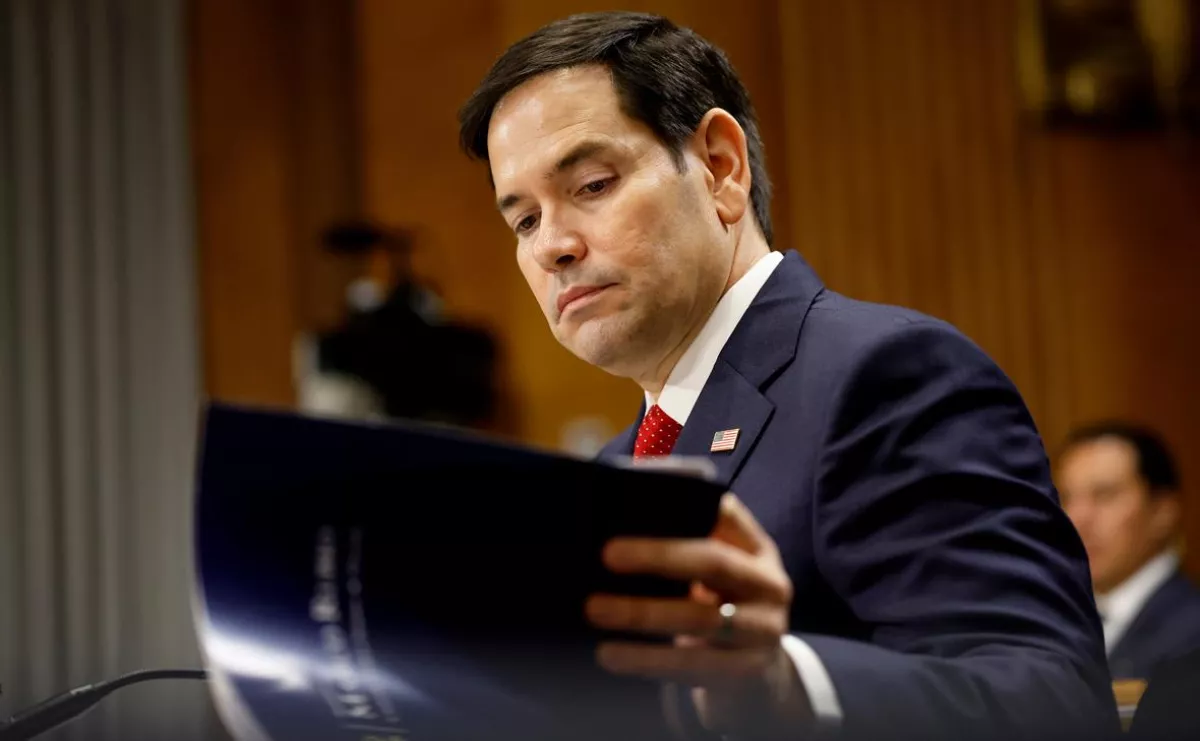
In other words, Rubio revealed that under the pretext of “defending human rights” or addressing “violations of democratic norms,” the Biden administration sought to undermine ideas expressed by the leaders of certain countries—ideas that did not align with the partisan agenda of the Biden–Blinken team. It is from this standpoint that the West’s rejection of positions held by, for example, Hungarian Prime Minister Viktor Orbán—who consistently defends the interests of his country and people—can be understood.
Within this context, Rubio noted in his article that moving forward, “the bureaus and offices in the J Family will be placed under the new Coordinator for Foreign Assistance and Humanitarian Affairs charged with returning them to their original mission of advancing human rights and religious freedom, not promoting radical causes at taxpayer expense.”
In doing so, Rubio did not exclude “human rights” or “democracy promotion” from the American foreign policy agenda. On the contrary, he gave these concepts a new format—one explicitly accompanied by an emphasis on ensuring religious freedom as well.
Therefore, no matter how hard some may try to claim otherwise, the Trump administration may eventually adopt a course that includes the monitoring of “human rights and democratic norms” in certain regions of the world. The key difference lies in the framing: ideologically driven global media outlets continue to portray what are often fundamentally reformist steps by Trump and his team—aimed at dismantling bureaucratic excess and, in some cases, rooting out corrupt practices within U.S. government structures—as “violations of legal principles and democratic standards.”
Yet, as can be observed from across the globe, Trump’s approach remains consistent with the direction he outlined during his campaign for the presidency. In light of this, many analysts believe that resistance to this policy vector from within and outside the U.S. establishment will not subside. However, it is unlikely to halt Trump’s course, especially as he continues to champion the slogan “Make America Great Again.”
Source: caliber.az


